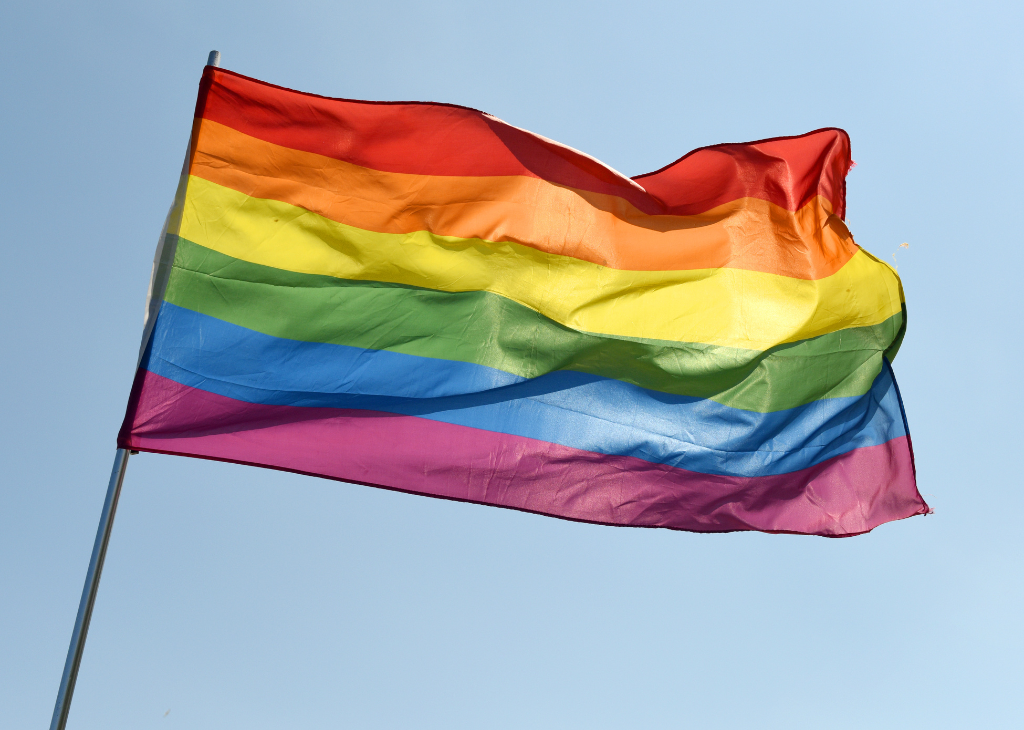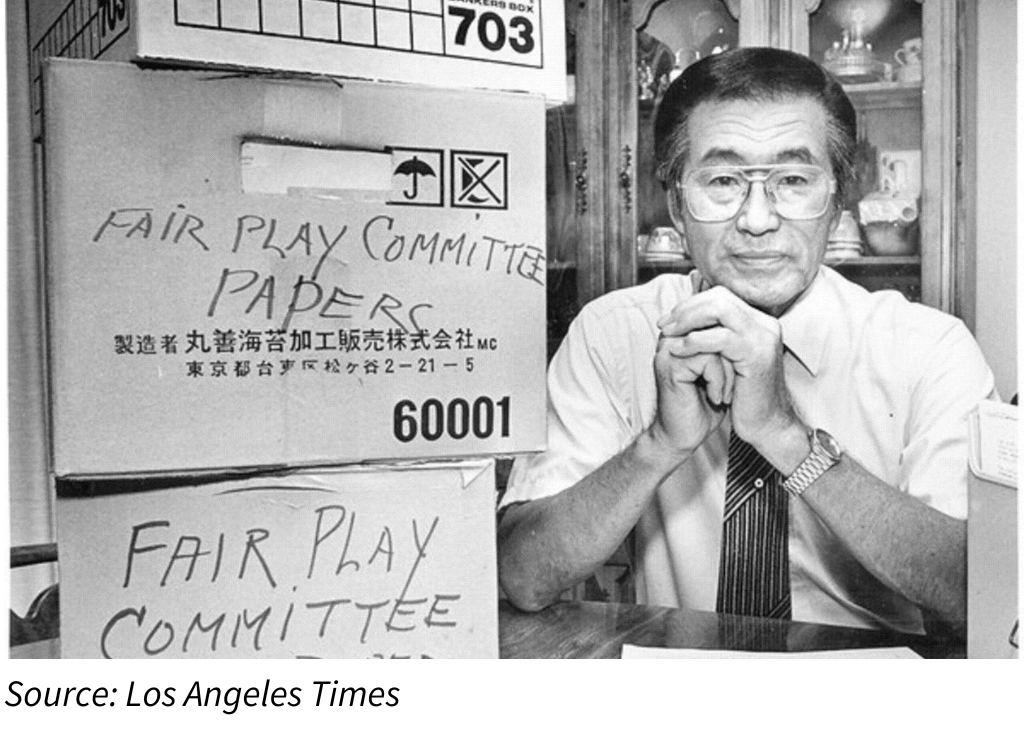Keywords: Breast cancer, Navajo, Culturally relevant video, American Indian
Priscilla R. Sanderson and colleagues evaluated a culturally specific video designed to teach Navajo women about breast cancer treatment options.
A mixed-method evaluation of 14 Navajo women diagnosed with breast cancer and 26 healthcare providers was conducted. Researchers documented their perceptions of the video immediately after watching it, then six months later.
Key Findings
- Women reported feeling less anxiety about treatment and expressed interest in support groups immediately after watching the video.
- Six months later, the women reported the video influenced them to seek more information from printed materials and their provider.
- 77% of women had not attended a support group to assist with recovery, 50% of the younger patients (age 44–51 years) did report having attended one compared with 0% of the older patients (age 55–65 years).
- 94% of the healthcare providers would recommend the video to Navajo women with breast cancer.
Conclusion/Implications for Practice:
The findings suggest that a culturally relevant video is an effective teaching tool and can improve patient-provider communication. On a broader scale, these local, culturally relevant approaches are effective in reducing cancer disparities in American Indian and Alaska Native women. Future studies should consider a larger sample size, longer, more comprehensive interviews, and attempt to find a baseline, or comparison group to serve as a true pretest.
Location: This study can be found online for purchase here.
Citation
Sanderson, P. R., Teufel-Shone, N. I., Baldwin, J. A., Sandoval, N., & Robinson, F. (2010). Breast Cancer Education for Navajo Women: A Pilot Study Evaluating a Culturally Relevant Video. Journal of Cancer Education, 25(2), 217-223. doi:10.1007/s13187-009-0036-7




